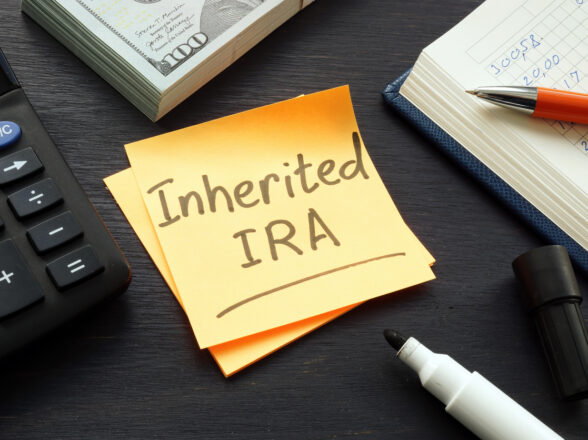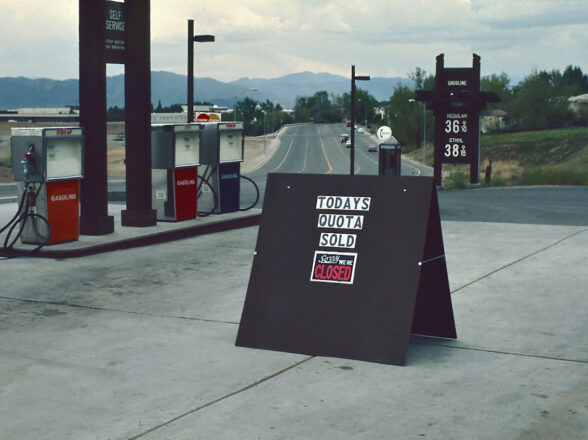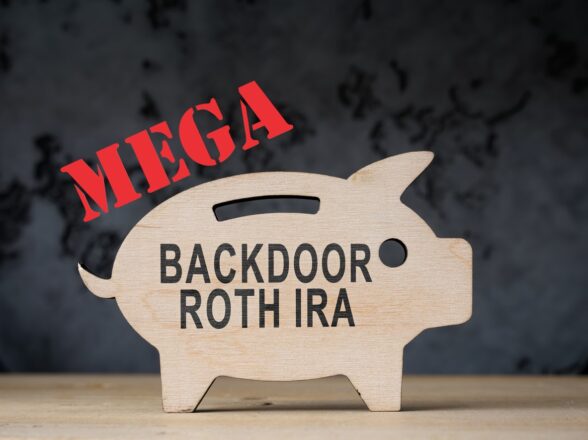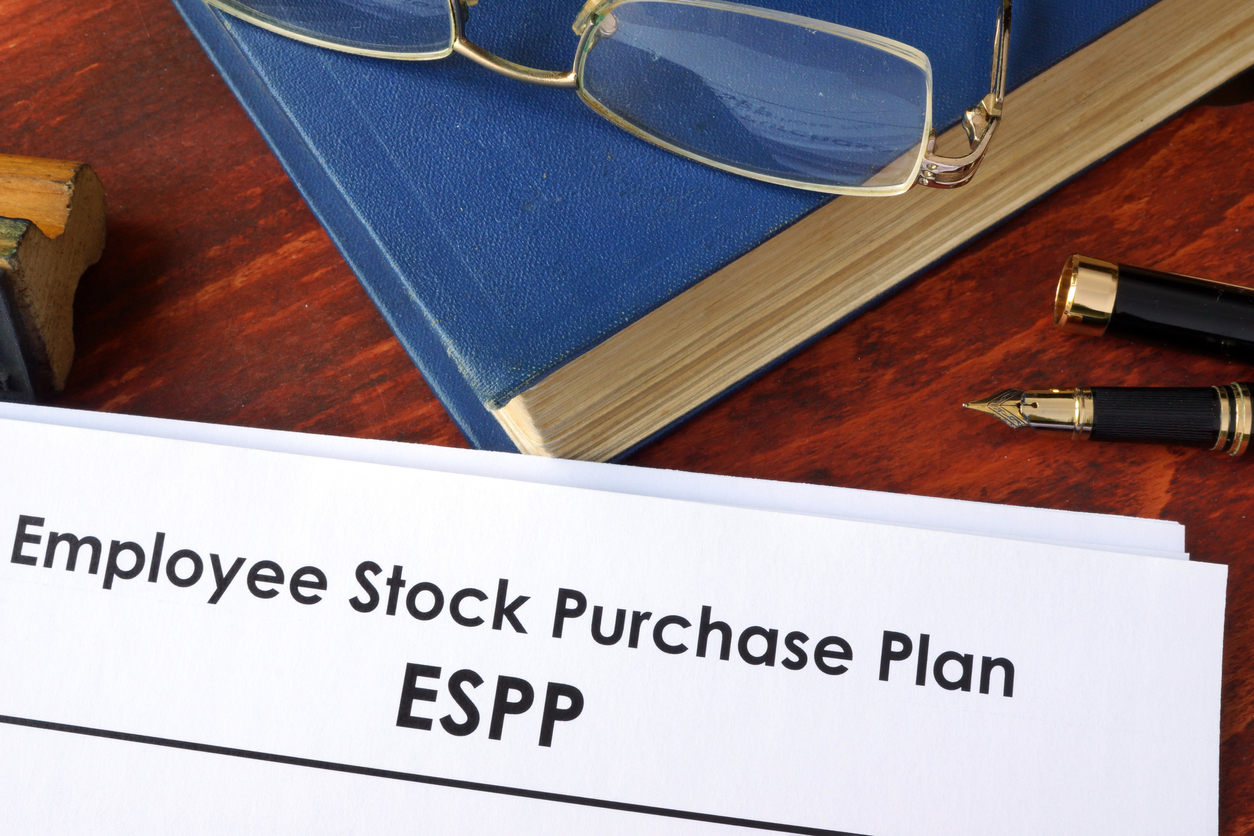Blog
What is a SPAC?

Special Interest Acquisition Companies (SPAC) are making headlines and billions of dollars are flooding into them.
Special interest acquisition companies (SPACs) are not new, but they are much more prevalent than they once were. In 2020, there were ten times more SPAC transactions than there were in 2016.
SPACs are public companies created to buy private companies. They are usually formed by large investors who know a particular business sector well. These investors analyze and target privately held firms within that sector for acquisition.
A SPAC begins as a shell corporation. At the start, it has no business operations, and it stays mum about what firms it might want to acquire. The SPAC does announce an initial public offering (IPO) to raise up additional capital. Following the IPO, the SPAC targets private companies looking to sell. Then a reverse merger occurs – the deal that takes the private company public, with the SPAC continuing the acquired company’s operations.
Investing involves risks, and investment decisions should be based on your own goals, time horizon and tolerance for risk. The return and principal value of investments will fluctuate as market conditions change. When sold, investments may be worth more or less than their original cost. SPACs and other specialized investments are not appropriate for every investor.
When the SPAC discloses plans to buy a company, shareholders vote either to approve the buy or liquidate their invested assets. For the reverse merger to proceed, the SPAC needs at least 50% of shareholders to vote yes on the acquisition, and less than 20% of shareholders to request liquidation. If 50% or more of the shareholders vote yes but more than 20% want liquidation, the SPAC returns a percentage of its net IPO proceeds to its public shareholders, and both the deal and the SPAC are kaput.
A SPAC commonly has two years to accomplish a reverse merger. If it fails to meet that 2-year deadline, it may be required to liquidate.
Why would a company make a deal with a SPAC when it could just hold its own IPO? Two reasons: time and paperwork. IPOs can take a year or two to get off the ground, and they require privately held firms to disclose a lot of information, some of it sensitive. (If a privately held firm owes mountains of debt, for example, then its IPO may not prove too appealing.) SPACs offer private companies an alternative to the IPO process.
It’s no secret we here at Infinium always look at the financial services marketplace with a skeptical eye. Far too often, the investment strategy du jour ends up falling flat on its face and losing investors a lot of money. It looks to us that, overall, the SPAC space is far too hot to end up being a sustainable money maker for those involved. We speak broadly here, and every investment opportunity must be evaluated on it’s own merits. Stay vigilant and keep the gambling to a minimum, preferably on a trip to Vegas rather than on the next hot idea to emerge.





















































































